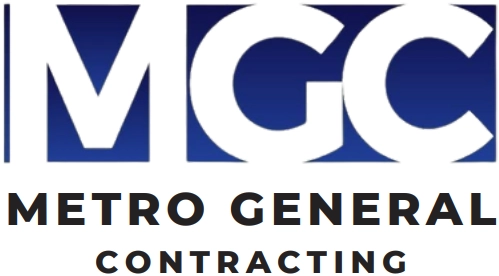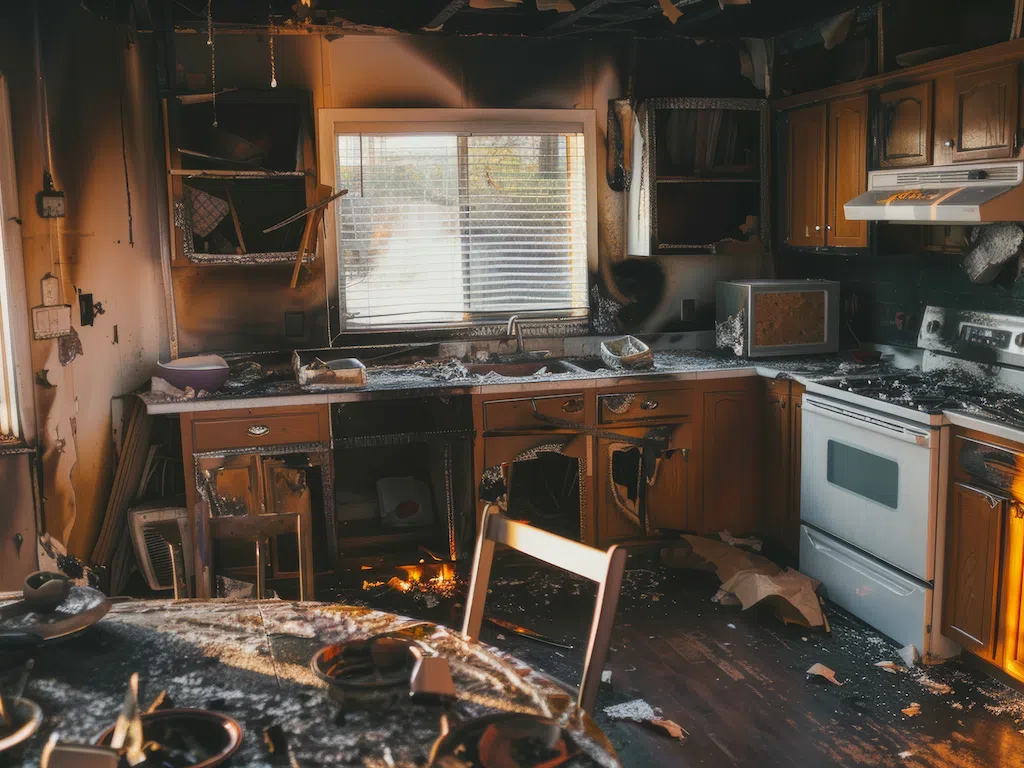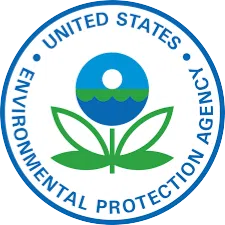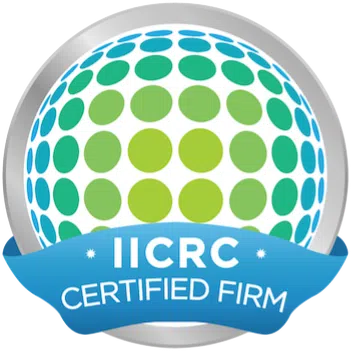Dealing with the aftermath of a fire is a challenge in itself, and for many homeowners, the insurance claims process can feel just as overwhelming. Having worked with countless property owners, we at MGC Restoration understand firsthand the reasons insurance companies deny fire claims and why these obstacles are more than just administrative issues—they can significantly delay recovery. Our goal is to help homeowners navigate these complexities, offering guidance and support during one of the most stressful times in their lives.
Understanding Fire Insurance Claims
What a Typical Fire Insurance Claim Entails
Filing a fire insurance claim is often the first step toward recovery after a fire. This process involves notifying your insurance company, documenting the damage through photos and written lists, and working with an adjuster to assess the loss. The goal is to secure compensation to cover the cost of repairs, replacing damaged or destroyed items, and any living expenses incurred while you’re displaced. The process can be complex, requiring careful documentation and often negotiation to ensure you’re properly compensated.
What Both Policyholders and Insurers Expect
Homeowners typically expect the claims process to be straightforward, resulting in full compensation based on their policy terms. On the other hand, insurers are tasked with investigating claims thoroughly to ensure they fall within the coverage limits of the policy. Clear communication and mutual understanding are key to a successful resolution, as any misalignment of expectations between the homeowner and the insurance company can lead to disputes. Open dialogue and careful attention to detail are crucial to avoiding issues.
Top Reasons Fire Claims Get Denied
Inadequate Coverage or Misunderstanding Policy Terms
One of the most common reasons fire claims are denied is because homeowners don’t have adequate coverage or misunderstand their policy terms. For example, a policy may exclude certain types of fire damage or specific causes of fire, and the homeowner may not realize this until they try to file a claim.
Delays in Filing or Failure to Mitigate Further Damage
Insurance policies typically require prompt notification of a fire or any damage, and delays in reporting can result in a claim being rejected. Additionally, if the homeowner fails to take reasonable steps to prevent further damage after the fire (such as boarding up windows or covering exposed areas), insurers may deny the claim on the grounds of negligence.
Suspicion of Arson or Fraudulent Claims
If the insurer suspects that the fire was intentionally set or that the homeowner has exaggerated or falsified their losses, the claim is likely to be rejected. Fraud investigations are serious, and any sign of intentional damage or false reporting can lead to a denial.
Insufficient Documentation or Evidence of Loss
Accurate documentation is essential in substantiating a fire claim. Insufficient evidence—such as a lack of detailed photographs, receipts, and lists of damaged items—can lead to claim rejection. Without proper proof of the extent and value of the loss, it becomes difficult to justify the amount requested for compensation.
How to Avoid Claim Rejection
Know Your Insurance Policy Inside and Out
The best way to avoid claim rejection is by thoroughly understanding your insurance policy. Review the coverage limits, exclusions, and conditions so that you know what is and isn’t covered. Being proactive and aware of potential gaps in your coverage can save you from surprises when filing a claim. If any aspects of your policy are unclear, ask your insurance agent for clarification. This knowledge is essential for ensuring your claim is filed properly.
Timely and Thorough Documentation and Reporting
One of the most critical steps after a fire is to report the damage to your insurer immediately. The sooner you contact your insurance company, the sooner the claims process can begin. As part of the reporting process, document every detail of the damage—take photographs from multiple angles, create a list of damaged or lost items, and secure any repair estimates or quotes as soon as possible.
Maintain organized records of all communications with your insurer, including emails, phone calls, and adjuster meetings. Having a clear record helps ensure that no details are overlooked and that you’re proactive in the process.
The Restoration Company’s Role in Mitigating Damages
Immediate Actions to Minimize Losses
From our perspective as a fire and smoke restoration company, we know that the actions you take immediately after a fire can significantly impact both the extent of the damage and the outcome of your insurance claim. First, ensure everyone’s safety and shut off utilities to avoid additional risks. Next, take steps to secure the property by boarding up windows or covering exposed areas to prevent further water or weather-related damage.
Calling in professional restoration services right away is crucial. Our team can begin assessing the damage, perform water extraction, and take immediate steps to prevent secondary issues like mold growth or further structural damage. By showing your insurer that you acted quickly to prevent additional losses, you demonstrate your responsibility, which can help ensure a smoother claims process.
Early Intervention for a Smoother Claims Process
Engaging professional restoration services as soon as possible not only helps mitigate damages but also facilitates the claims process. At MGC Restoration, we work closely with homeowners to document the damage thoroughly and provide detailed estimates for repair costs. We also ensure that all necessary paperwork is in place, helping your insurer evaluate the damages efficiently.
When restoration professionals are involved early in the process, insurers can see that you are committed to a responsible and efficient recovery. This can speed up the claims process and improve the chances of receiving full compensation.
How Professional Restoration Services Support Your Claim
Expert Documentation and Assessments
Working with a reputable restoration company can be a game-changer in ensuring your claim is approved. At MGC Restoration, we provide comprehensive damage assessments that cover both visible and hidden damage. Our team documents every detail, from structural damage to damaged personal property, and provides itemized lists and repair estimates that align with your insurance company’s requirements.
Repair Quotes and Support for Your Claim
Beyond documenting the damage, we provide accurate repair quotes based on current material and labor costs. These estimates help support your case, showing the insurer that the repair costs are reasonable and in line with industry standards. Professional repair quotes are much more likely to be accepted by insurers than estimates from unlicensed contractors, ensuring a smoother claims process.
Ultimately, our role is to act as a bridge between homeowners and their insurers, facilitating a quicker and more efficient resolution. By working with professionals, you can reduce the stress of navigating the claims process and increase the likelihood of receiving the compensation you’re entitled to.
At MGC Restoration, we don’t just handle fire damage restoration—we also assist with water damage, mold remediation, lead, and asbestos. If you’re dealing with fire damage and need help navigating your insurance claim, contact us today for expert assistance.



